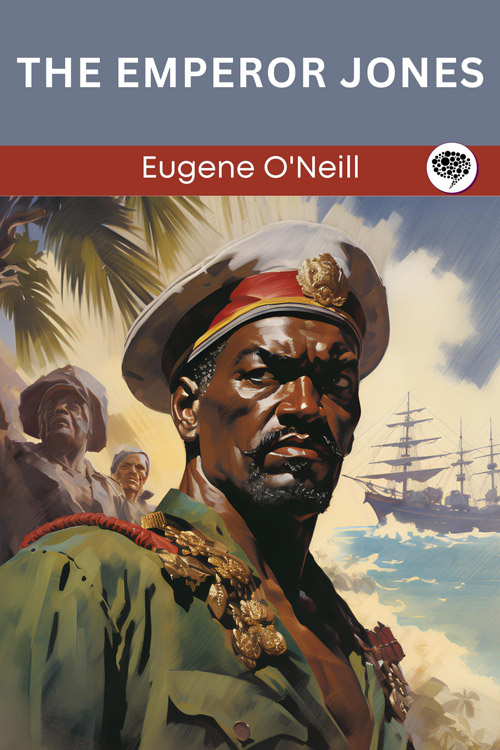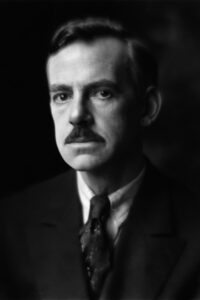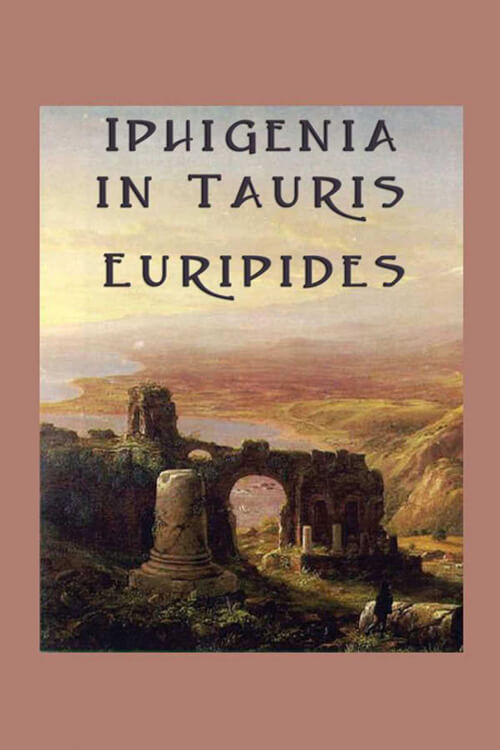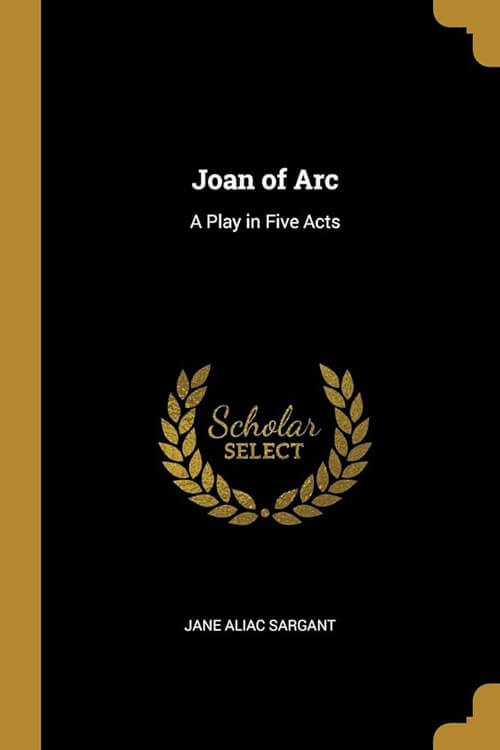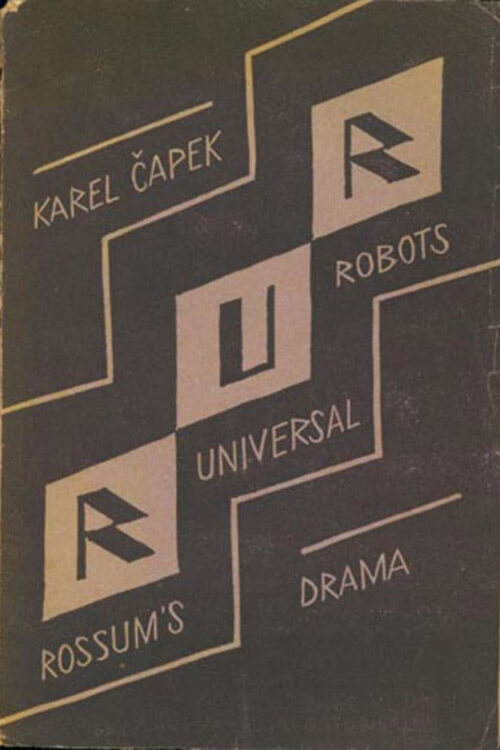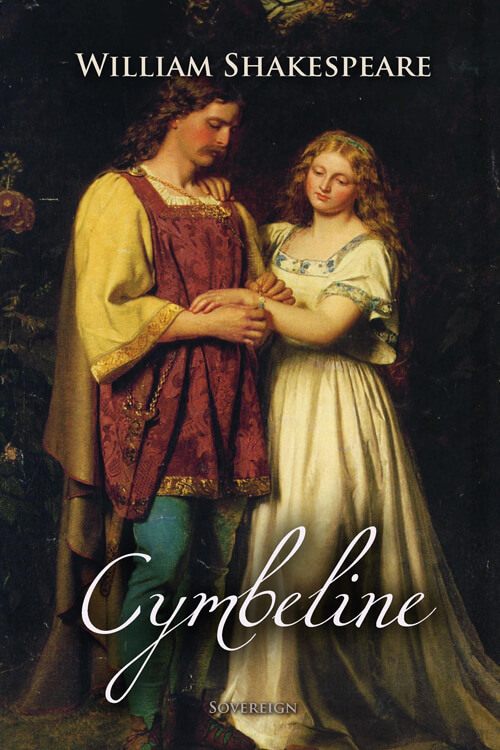
The Emperor Jones
The end of the plain where the Great Forest begins. The foreground is sandy, level ground dotted by a few stones and clumps of stunted bushes crouching close against the earth to escape the buffeting of the trade wind. In the rear, the forest is a wall of darkness dividing the world. Only when the eye becomes accustomed to the gloom can the outlines of separate trunks of the nearest trees, enormous pillars of deeper blackness, be made out.
A sombre monotone of wind lost in the leaves moans in the air. Yet this sound intensifies the impression of the forest’s relentless immobility to form a background, throwing into relief its brooding, implacable silence. Jones enters from the left, walking rapidly. He stops as he nears the edge of the forest and looks around him quickly, peering into the dark as if searching for some familiar landmark. Then, satisfied that he is where he ought to be he throws himself on the ground, dog-tired.
Read or download Book
Eugene O'Neill
Eugene Gladstone O’Neill (October 16, 1888 – November 27, 1953) was an Irish-American playwright.
Biography.
His poetically titled plays were among the first to introduce to the U.S. the drama techniques of realism, earlier associated with Russian playwright Anton Chekhov, Norwegian playwright Henrik Ibsen, and Swedish playwright August Strindberg. The tragedy Long Day’s Journey into Night is often included on lists of the finest U.S. plays in the 20th century, alongside Tennessee Williams’s A Streetcar Named Desire and Arthur Miller’s Death of a Salesman. He was awarded the 1936 Nobel Prize in Literature. O’Neill is also the only playwright to win four Pulitzer Prizes for Drama.
O’Neill’s plays were among the first to include speeches in American English vernacular and involve characters on the fringes of society. They struggle to maintain their hopes and aspirations but ultimately slide into disillusion and despair. Of his few comedies, only one is well-known (Ah, Wilderness!). Nearly all of his other plays involve some degree of tragedy and personal pessimism.

